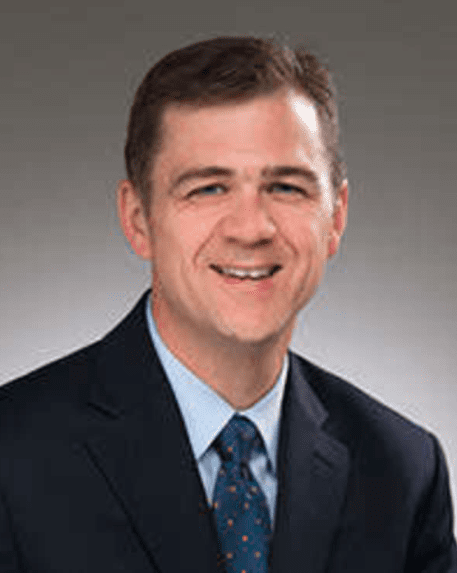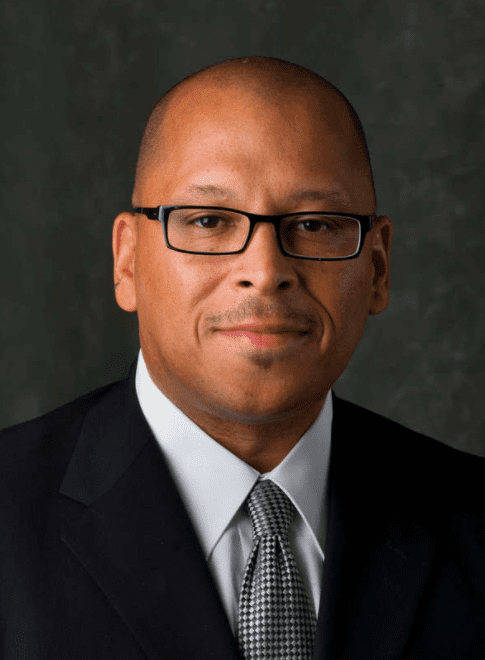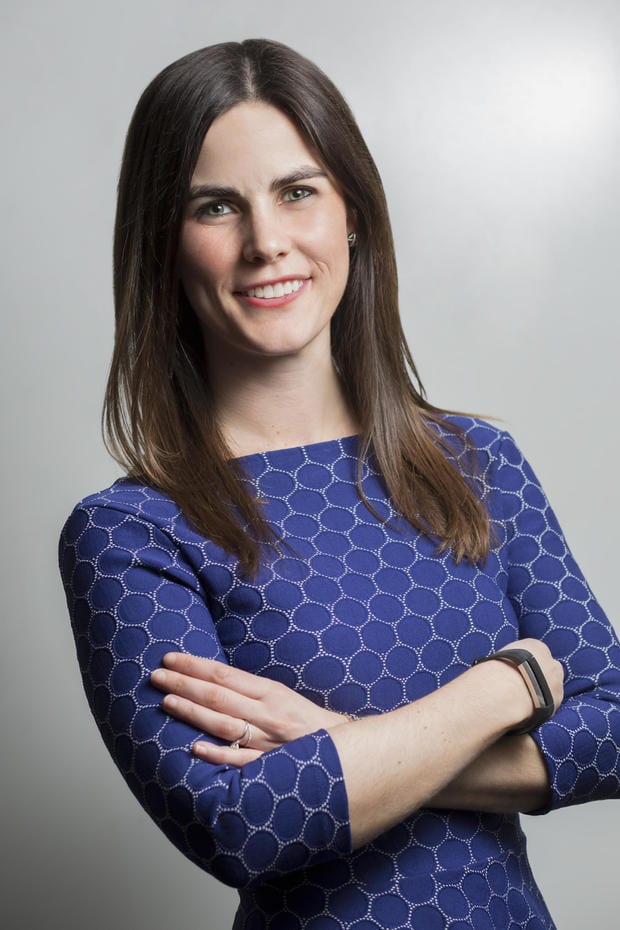Political Polarization in America

This session will explore key milestones and influences that have led to the current polarization of American politics, the ways in which political discourse influences the political process, and the role of the news media and social media.
View the Event
Subscribe to the ThinkND podcast on Apple, Spotify, or Google.
Featured Speakers:
- David Campbell, Packey J. Dee Professor of American Democracy at the University of Notre Dame and the chairperson of the political science department
- Caitlin Conant, political director of CBS News
- Darren Davis, Snyder Family Mission Professor, Lilly Presidential Fellow, Department of Political Science, University of Notre Dame
David Campbell (Moderator)

David Campbell is the Packey J. Dee Professor of American Democracy at the University of Notre Dame and the chairperson of the political science department. His most recent book is Seeking the Promised Land: Mormons and American Politics (with John Green and Quin Monson). He is also the co-author (with Robert Putnam) of American Grace: How Religion Divides and Unites Us, which has been described by the New York Times as intellectually powerful, by America as an instant classic and by the San Francisco Chronicle as the most successfully argued sociological study of American religion in more than half a century. American Grace has also received both the 2011 Woodrow Wilson Award from the American Political Science Association for the best book on government, politics, or international affairs and the Wilbur Award from the Religious Communicators Council for the best non-fiction book of 2010.
Darren Davis

Professor Davis’ research interests include most areas in public opinion and political behavior. A unifying theme running through much of his research is a concern for identifying the social psychological motivations underlying political attitudes and behavior. This approach has been applied to specific research areas, including political tolerance, implicit racial attitudes, the role of threat and anxiety in political behavior, public reactions to terrorism, social desirability, the measurement of political and social attitudes, racism and racial politics, and the political behavior of African Americans.
Caitlin Conant '08

Caitlin Conant ’08 is political director of CBS News. She reports directly to CBS News vice president and Washington bureau chief Christopher Isham and helps guide the network’s political and campaign coverage.
Conant was previously executive director of communications for CBS News in Washington. In that role, she managed the communications and media relations for the Washington, D.C. Bureau and its correspondents. She worked closely with then-“Face The Nation” moderator John Dickerson, “Face The Nation” moderator Margaret Brennan, and “Face The Nation” executive producer Mary Hager on editorial planning and strategic branding. Conant served as the principal spokesperson on political, polling and press access matters, and she worked on political and Capitol Hill outreach for the Washington Bureau. Conant also helped plan and execute CBS News’ earned media strategy during the 2016 election cycle.
Poverty in America: Is Progress Possible in our Polarized Times?
Presented by American Enterprise Institute
LEO’s Managing Director Heather Reynolds joined the American Enterprise Institute and other poverty experts for a panel discussion on “Poverty in America: Is Progress Possible in our Polarized Times?”
Heather drew on her prior experience as a social service provider and her current role at LEO to recognize that a shared commitment to evidence and proven solutions can help policymakers and practitioners rise above partisanship to find effective ways to break the cycle of poverty and help American families thrive.
Partisan Politics in the Era of Trump
Presented by Notre Dame Law School
The U.S. Congress has failed to make progress on multiple major issues confronting our country, including health care, gun safety, domestic terrorism, immigration reform, education reform, funding for critical infrastructure, and the dangers posed by climate change. Members of both political parties blame the other side for these chronic failures. Often, they resort to name calling and the use of ugly rhetoric against their political rivals, and even challenge the patriotism of those with whom they disagree.
A House Divided – Polarization in Our Common Life
Presented by de Nicola Center for Ethics and Culture
Presented at the Center for Ethics and Culture’s 2018 Fall Conference, “Higher Powers.” The Conference explored the perennial problem of good and evil, the significance of this distinction for human flourishing and the common good, and the place of good and evil in the theory and practice of various academic disciplines. “Overcoming Polarization through Catholic Social Teaching” by John Carr (Georgetown University) and “Church and State in a Time of Polarization” by Mark Movsesian (St. John’s University).
